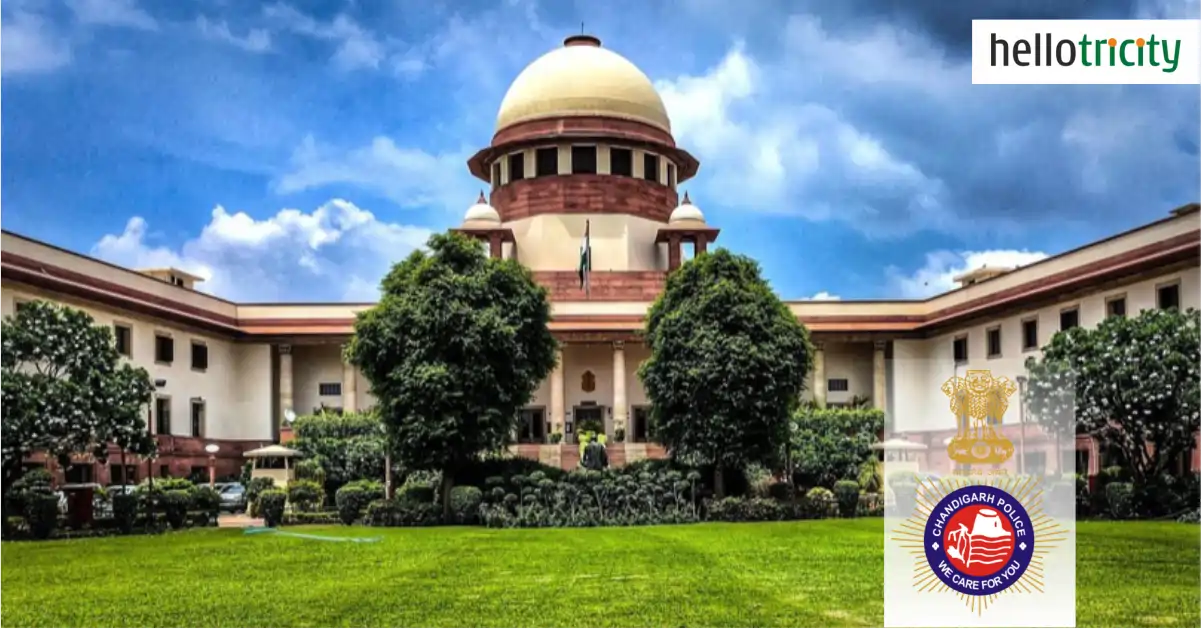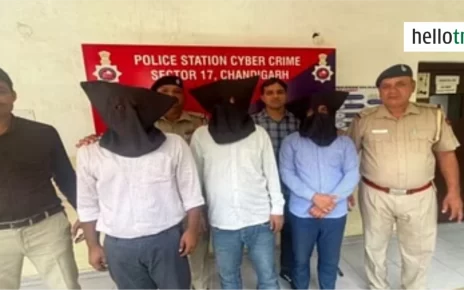The Supreme Court has mandated that the Central Bureau of Investigation (CBI) should carry out a preliminary inquiry into the suspected abduction of a dentist hailing from Chandigarh by the police. This decision follows reports that the abducted dentist had been unlawfully detained by law enforcement officers to stop him from testifying in court.
When hearing an appeal against a judgement of the Punjab and Haryana High Court, a panel comprising Justices Sudhanshu Dhulia and Ahsanuddin Amanullah made the decision. The High Court had given earlier directions for filing an FIR and forming a Special Investigation Team (SIT) to investigate that case. However, the Supreme Court did not decide to overturn the order passed by the High Court, thus permitting the CBI to conduct a full inquiry.
This case concerns the dentist Dr. Dhawan, who lives in Chandigarh and has filed a suit against one of his clients for unpaid fees. According to the patient’s version of events, they visited India to see Dr. Dhawan for dental treatment but afterwards went ahead to make several allegations of improper dental services rendered by him. The litigation has since burdened the doctor with legal actions, although he was lucky enough to get anticipatory bail in two cases. However, he was required to appear before a magistrate in the third case.
On the day of the court hearing, Dr. Dhawan’s lawyer alleges that the dentist was abducted by a team from the Chandigarh Crime Branch, while another team appeared in court on his behalf. The Supreme Court has now tasked the CBI with investigating whether Dr Dhawan was indeed “detained or arrested” by the Chandigarh Police at the Sector 19 police station and whether he was presented before a local magistrate within the legally mandated 24-hour period. The inquiry will also determine whether the actions of the Chandigarh Police amount to abduction.
In light of the very serious allegations made against Chandigarh Police, the matter has drawn wide-ranging interest because of fear of the misuse of power. The apex court’s directive for a probe by CBI has given further momentum to this grave issue and has highlighted the requirement for an impartial investigation if justice is to be done.
The CBI’s conclusions will be essential in establishing the next steps in this case, which demonstrates the continued difficulty of maintaining accountability and openness within law enforcement.




